Thirty-five construction workers died on UK sites between April 2024 and March 2025.
That number explains why UK Construction Week Birmingham looks different this year. Building safety isn’t a breakout session anymore. It’s the entire show.
More than 300 exhibitors and 200 speakers will spend three days at the NEC from September 30th to October 2nd, focused on regulatory compliance, competency frameworks, and product safety reforms.
I wanted to understand what changed.
The Numbers Behind the Shift
The fatal injury rate in construction stands at 1.96 per 100,000 workers. That’s nearly five times the all-industry average.
Falls from height account for more than half of these deaths.
In February 2025, the UK government formally accepted all 58 recommendations from the Grenfell Tower Inquiry’s Phase 2 report. The Inquiry found industry behavior that lacked integrity, with companies misleading customers about product safety and manipulating test data.
Profit consistently won over resident safety.
From Compliance Theater to Real Accountability
The Grenfell findings forced a reckoning. Birmingham 2025’s programming shows how the industry is responding.
Sessions cover implementation, not theory.
CSCS launched a digital skills passport in June 2025, offering real-time verification of worker competencies. The system stores qualifications and training in one secure location, with instant verification across construction roles.
No more paper certificates. No more trust-based claims about who’s qualified to do what.
The government publishes quarterly progress reports starting June 2025. Remediation targets extend to 2029.
What Birmingham Signals
The changes go deeper than Grenfell remediation. Digital competency verification is becoming standard. Process controls are being standardized across projects. Building safety requirements are expanding beyond high-rises to cover more of the housing stock.
The regulatory framework exists. The technology works. The data proves the need.
What remains is execution.
Some companies will learn. Others will check boxes. That difference will matter for the next decade.
The scrutiny wasn’t asked for. It was earned. Now the industry has to prove it can build differently.
